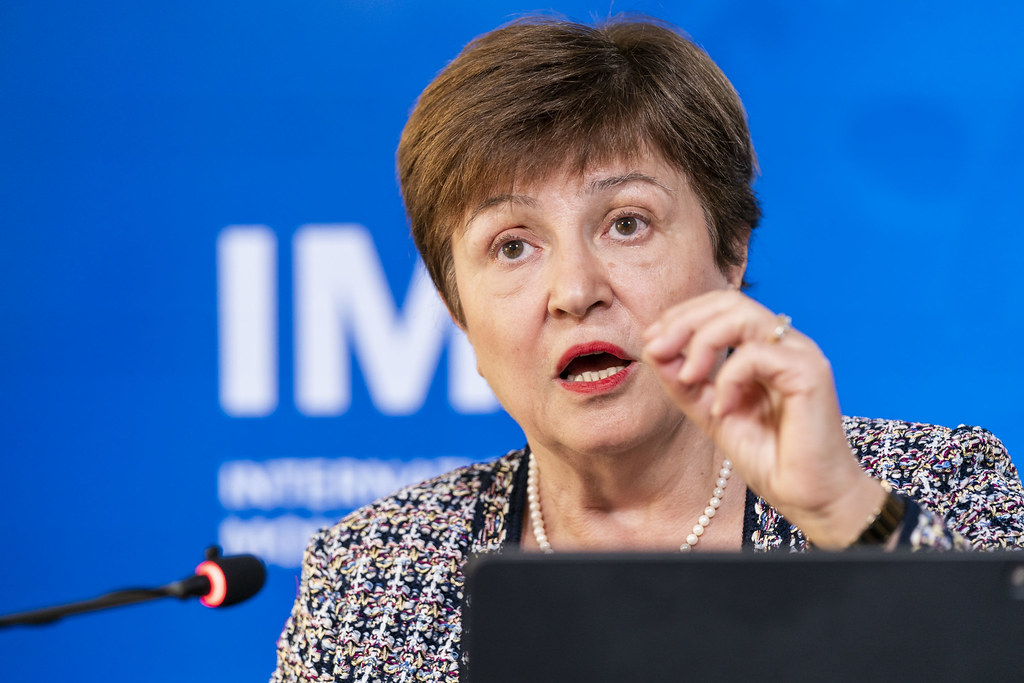In a statement posted on the IMF website, Georgieva claimed that a recent study suggested that trade fragmentation alone might eventually cost the world economy 0.2% of its GDP, or, in the worst case, 7%.
According to her, technological fragmentation may increase these numbers by up to 12% in some nations.
The full impact, however, "is likely to be substantially bigger, depending on how many routes of fragmentation are taken into account, according to the new IMF staff research," Georgieva added.
The most adverse effects of fragmentation would be seen by low-income customers in advanced countries who would lose access to affordable foreign goods, as well as by tiny, open-market economies, she continued.
In response, the IMF chief suggests a practical approach to the economy, aiding nations in repaying their debts and addressing climate change.
source: imf.org
According to her, technological fragmentation may increase these numbers by up to 12% in some nations.
The full impact, however, "is likely to be substantially bigger, depending on how many routes of fragmentation are taken into account, according to the new IMF staff research," Georgieva added.
The most adverse effects of fragmentation would be seen by low-income customers in advanced countries who would lose access to affordable foreign goods, as well as by tiny, open-market economies, she continued.
In response, the IMF chief suggests a practical approach to the economy, aiding nations in repaying their debts and addressing climate change.
source: imf.org





